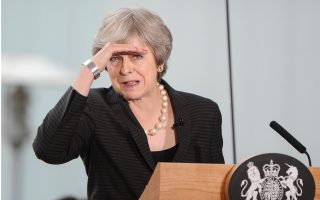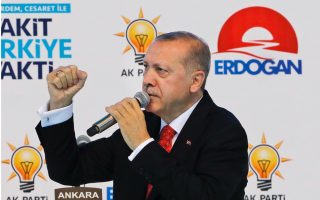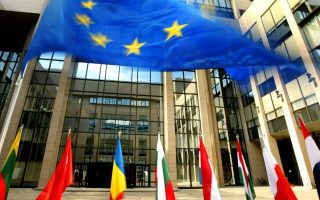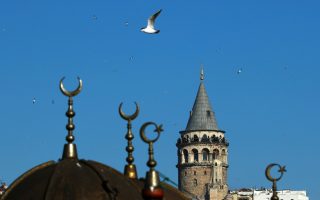In joint article in Kathimerini, presidents Pavlopoulos and Steinmeier call for more unity in Europe
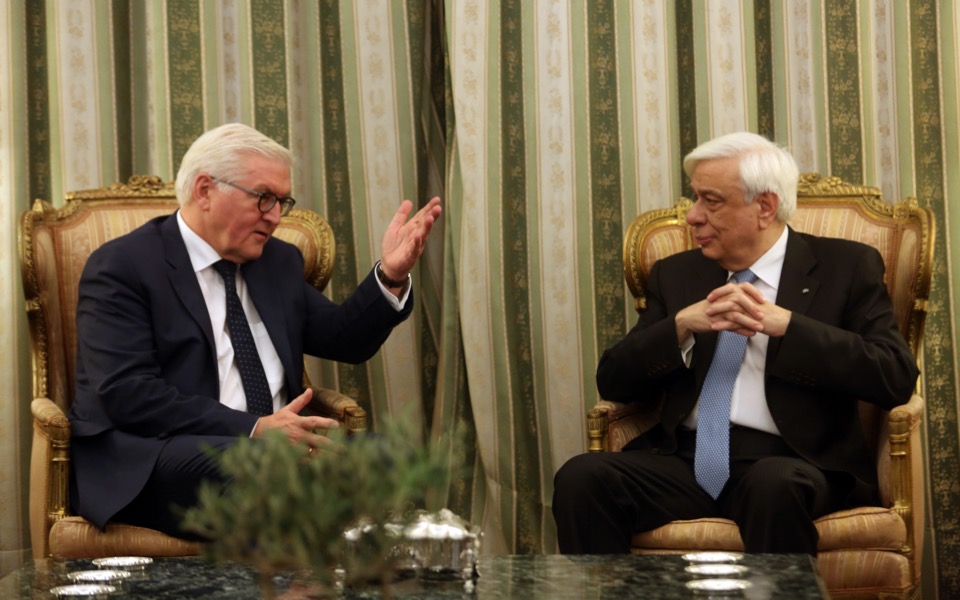
This is already our second meeting in Athens as our countries’ heads of state. This place compares to no other in Europe with regard to our deep, common roots, which extend far beyond relations between Germany and Greece. Today’s Europe would be inconceivable without the Greek legacy or without the Athenian democracy of Pericles.
However, we are meeting under special circumstances today. Circumstances that make us realize completely that democracy, which has its origins here and which we took for granted in its contemporary form in years past, as the foundation of our societies, is being challenged today, and that we have to fight for democracy – and sometimes we have to literally defend it – every day anew. Our values and convictions have been under pressure to an extent not witnessed since the end of the Cold War. Authoritarian thinking, which we thought we had overcome after the collapse of totalitarianisms, has come back to the surface again and is, unfortunately, becoming a source of fascination for many people. The retreat to nationalism and Euroskepticism is on the rise in many quarters of the European Union. Furthermore, many people no longer consider the European Union to be a historic achievement, a guarantor of peace and human rights, prosperity and social justice. Memories of the long and difficult path from the abysses of the world wars to a united, democratic and peaceful Europe and the attractiveness of this united Europe are at risk of fading on the sidelines.
This should be a loud alarm signal for Greece and Germany in particular. For both countries, the peace prospect guaranteed by European integration was the response to – certainly very different – aberrations of our history. For Germany, it represented the path back into the fold of the international community, after the unimaginable betrayal of all the values of our civilization by National Socialism. In Greece’s case, it was a question of consolidating democracy following the brutal military dictatorship. This gives rise to a special and most personal responsibility for ensuring that this unique project is a success.
Our two countries have already forged extremely close ties over the course of decades. We have developed harmonious close economic and political relations. And, beyond other things, the unity between our two countries is strengthened even further by many friendly relationships. This friendship was anything but a matter of course, however. Our common history has had many high points, but also, unfortunately, catastrophes that plumbed the depths. The fact that we have managed, in awareness of the past, to create a common European present is a precious gift that we are called upon to preserve. Our responsibility to stand up for freedom and the dignity of each and every human being and to oppose injustice, despotism and crime, as well as to protect democracy, emerges from precisely this painful chapter of our relations. It is also the basis for our responsibility to support this invaluable goal of peace for which we firmly believe there is no effective alternative.
In the world of today, we are very much in need – urgently – of this united Europe, more than in the past. Threats as disparate as supposedly ideologically motivated terrorism and climate change, which may be evolving at a slow pace but loom large, do not stop at national borders. Particularly when traditional allies drift away from us and withdraw from multilateral cooperation, our answer, more than ever, must be Europe. We must protect and, wherever possible, reinforce this united Europe. In other words, we have an obligation to do this that stems from our national and our common history.
We are also aware, however, that we will only manage to perform this task if the European idea of a liberal and democratic society that transcends national borders remains strong and convincing at its core – if it shows people once again that it will find answers to the most pressing problems of citizens in the European Union and that as a political system it can guarantee political order, security, prosperity and social justice, while at the same time taking decisive action to confront external threats. After all, the European Union can offer future generations bright prospects, all the more so because its destiny lies in the hands of these generations.
For this, the European Union needs efficient mechanisms for decision making, and strong instruments to implement their decisions. And we should recall what it was that helped the European Union achieve so much over the past decades: the foundation on which it was built, namely shared cultural and intellectual roots, and the solidarity of its members. Only then can the European Union continue to carry the torch of hope for a more just and peaceful world, just as it did for our generation. We both want to continue to do our part to support this prospect. It is up to us all to keep the European dream alive and attractive, for us and especially for our children and grandchildren.
Greek President Prokopis Pavlopoulos and German President Frank-Walter Steinmeier wrote this article on the occasion of the latter’s state visit to Greece from October 10 to 12.
